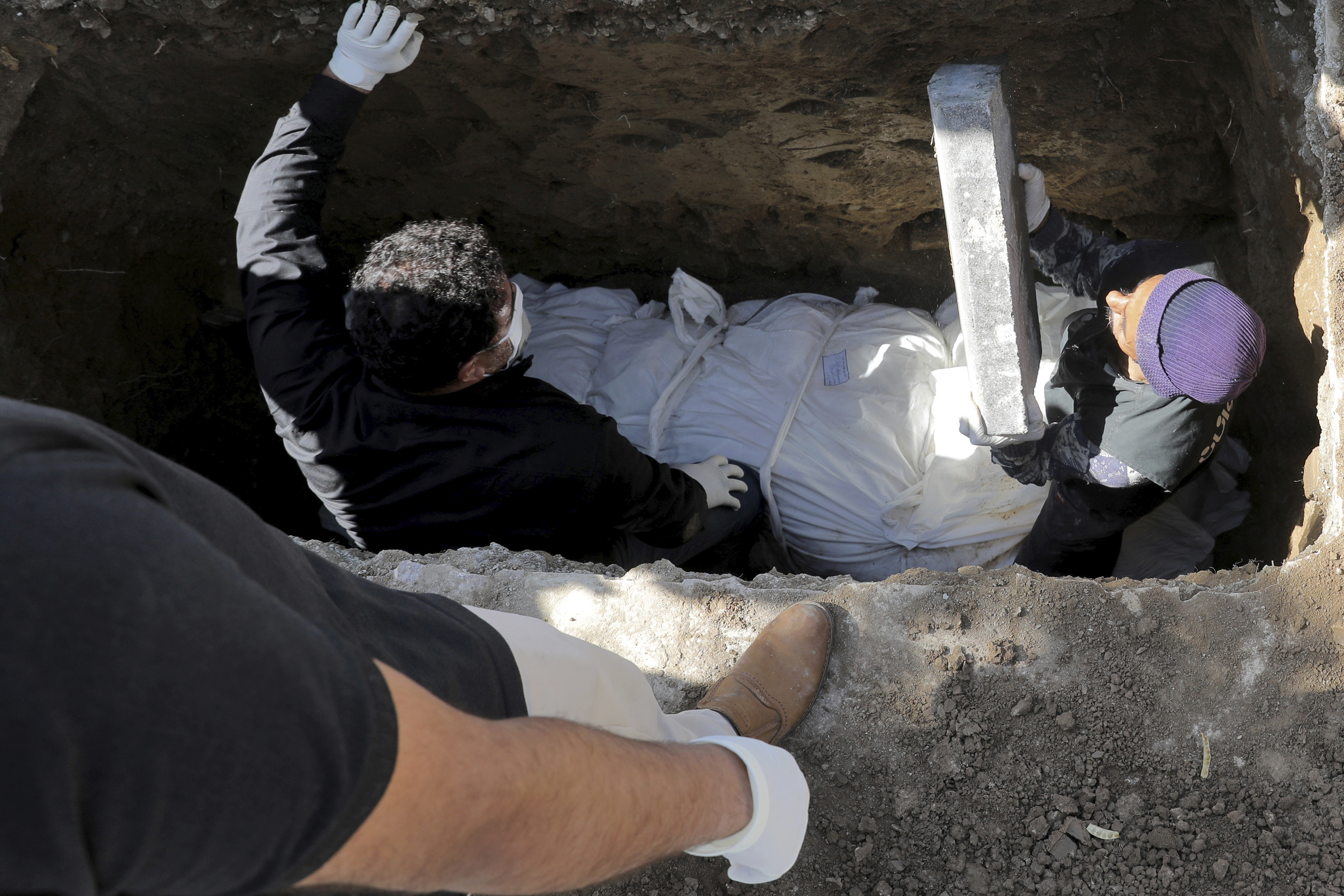The World Health Organisation has sounded the alarm about a spike in coronavirus cases across West Asia and called on governments and citizens to do more to stop its spread.
In a statement released on Thursday, Dr Ahmed Al-Mandhari, the WHO’s regional director for the eastern Mediterranean, said the number of cases of Covid-19, the disease caused by the coronavirus, had risen to more than 58,000 from more than 32,000, in the week ending on April 2.
He urged countries in the region to “be more aggressive” in testing suspected cases, tracing how the infection may have spread, isolating confirmed cases and protecting health workers, while insisting that citizens stay home and practice rigorous hygiene.
But he acknowledged the difficulty of taking such measures in a region that encompasses 22 countries, including much of the Arab world, Iran, Pakistan and Afghanistan. Many of these countries have suffered through years of conflicts that have damaged their health systems, ravaged their economies and displaced millions of people.
Public health experts are particularly worried about the threat the coronavirus poses to the refugees, many of whom live in crowded and unsanitary conditions where infection could spread easily.
Struggling with a devastating coronavirus outbreak, Iran has called for the US to lift sanctions on humanitarian grounds.











